Trans-continental collaboration for global health
Focused Solutions
SESSION RECORDING
This session explored the topics of nationalism, Non-communicable diseases, tensions between higher and lower-income counties and the role of democracy against a backdrop of trans-continental collaboration. It was highlighted that increasing tensions resulting from nationalism and mistrust in democracy were barriers to greater collaboration, however, “win-win” approaches may be a conduit for improved collaboration.
SESSION SUMMARY
Adnan Hyder
Senior Associate Dean, Research and Innovation, Milken Institute School of Public Health, George Washington University, USA
SESSION MODERATOR
Anders Nordström
Advisor & Former Ambassador for Global Health, Sweden
Laura Magaña
President & CEO, Association of Schools and Programs of Public Health (ASPPH); President, Global Network for Academic Public Health (GNAPH)
Lucas de Toca
Ambassador for Global Health and First Assistant Secretary, Department of Foreign Affairs and Trade, Australian Government
Rebecca Ivers
Head, School of Population Health, UNSW Sydney, Australia
INVITED SPEAKERS
We gratefully acknowledge the following organisations for providing travel and accommodation support for international speakers in this session.
ACKNOWLEDGEMENTS




